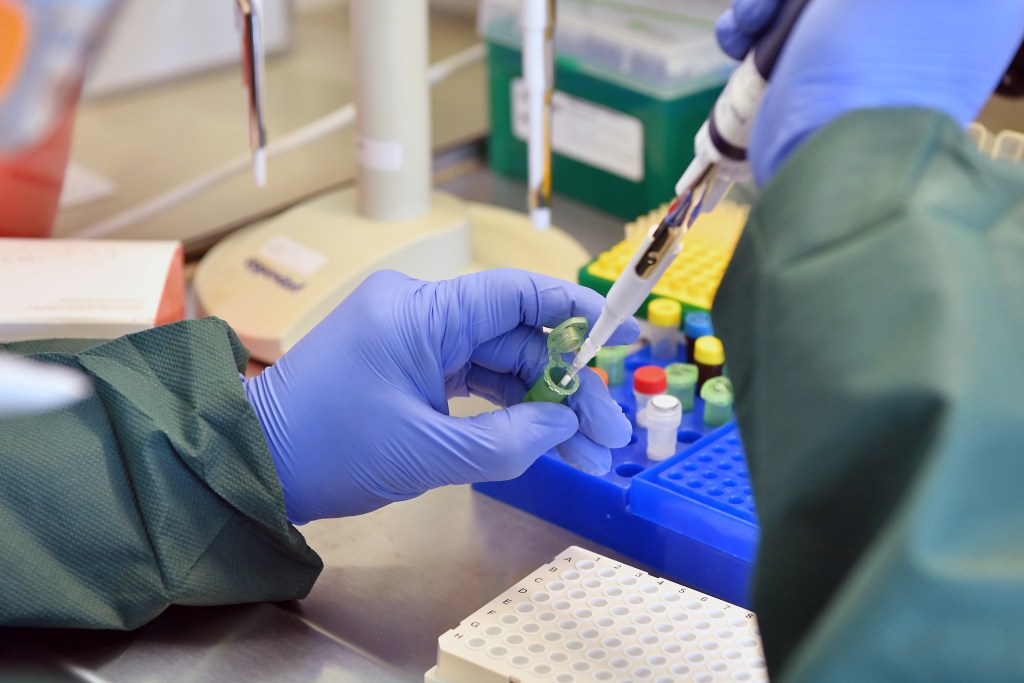
During the COVID-19 pandemic, an immense volume of misinformation and disinformation related to the virus, its origins, and potential treatments or cures circulated online and offline. False information proliferated through both social media and traditional news outlets. This caused confusion and mistrust among people, medical professionals, and institutions. Some public officials promoted untested treatments and unsafe behavior through official platforms, causing fatal consequences on some occasions. Furthermore, conspiracy theories about the origin of the virus gained traction online, claiming either that the virus was a hoax intentionally created in a laboratory, or that governments and corporations engineered it to exercise control over the population. The extent of misinformation and disinformation about the virus, the disease, and its treatment required concerted efforts to ensure the availability of factual and reliable information for the global public in as many languages as possible. Fortunately, the Wikimedia projects and their volunteer communities were already prepared to provide exactly what was needed.
Wikimedia volunteers contribute daily to multiple projects to guarantee that content available on Wikipedia and other free-knowledge projects is well-sourced, reliable, and neutral. Their efforts include countering disinformation campaigns and addressing inaccuracies that may arise from deliberate or unintended sources. During 2022, the Wikimedia Foundation mapped out initiatives and projects that Wikimedia communities and the Foundation have developed to address the challenges of disinformation. The results of this mapping exercise are featured in the Anti-Disinformation Repository, a collection of tools and activities that illustrate how Wikimedia is an antidote to disinformation. Such work is critical in parts of the world where access to educational resources and reliable information are limited or censored.
This story is part of a three-part series that explains how Wikimedia communities fight disinformation and showcases how crucial those efforts are for the online information ecosystem.
Creating WikiProject COVID-19 and other efforts to counter health-related disinformation
When Wikimedians across the world identify a shared goal, they often create, translate, and curate articles in different languages through a form of collaboration known as a WikiProject. Concerned about the detrimental consequences of COVID-19 disinformation on people’s lives during the global pandemic, the Wikimedia community launched WikiProject COVID-19 in March 2020. This initiative sought to document and produce reliable articles on the SARS-CoV-2 virus, the COVID-19 disease, and the COVID-19 pandemic. Through the project, the Wikimedia communities coordinated their activities and joined efforts to provide comprehensive resources for individuals seeking reliable information and sources in multiple languages during this challenging time. Additionally, WikiProject COVID-19 facilitated collaboration with different experts and professionals, fostering a global effort to address the information needs surrounding the pandemic.
In parallel, the World Health Organization (WHO) and the Wikimedia Foundation launched a joint collaboration aimed at amplifying public accessibility to accurate and reliable information about the virus. This collaborative initiative was accessible under a Creative Commons Attribution-ShareAlike license, which allows everyone to access and share infographics, videos, and other public health assets on Wikimedia Commons. As a result, Wikimedia volunteer editors could improve and expand the online encyclopedia’s COVID-19 coverage with these new freely-licensed resources.
The Wikimedia communities have implemented similar efforts to combat other health disinformation circulating online. For instance, Wikipedia’s Vaccine Reliable Sources began as an initiative to provide the Wikimedia community, which writes articles about vaccines, with sources for medical data that have been deemed trustworthy through previous Wikipedia deliberations. This initiative also sought to achieve a more robust consensus around reliable sources of vaccine information. The collaborative project included partners such as News Quality Initiative (NewsQ)—a Hacks/Hackers initiative—and Knowledge Futures, and continued with support from Craig Newmark Philanthropies and the Tow-Knight Center for Entrepreneurial Journalism at the Newmark Graduate School of Journalism in the City University of New York (CUNY).
As part of this collaborative effort, experienced Wikipedia volunteers contributed to gathering data and refining a list of reputable sources of vaccine information throughout 2022 and 2023. This list was urgent for Wikimedians because it helped them establish and follow a set of guidelines when creating and updating vaccine-related articles. Such guidelines were critical to ensuring that the information on the online encyclopedia was supported by scientific consensus and free of false claims or conspiracy theories. The work to determine what sources were appropriate for citation for vaccine information contributed to strengthening Wikipedia content about healthcare and promoting public understanding of vaccines, counteracting disinformation, and contributing to improve public health outcomes.
Conclusion
Efforts on Wikipedia to counter misinformation and disinformation about COVID-19 provided readers with freely available information in many languages, helping them to counter public confusion, fear, and mistrust. Professionals and experts from multiple disciplines relied on Wikipedia as a trusted reference during the COVID-19 pandemic, acknowledging its commitment to obtaining reliable and accurate information from reputable and verifiable sources. Between December 2019 and December 2020, articles about COVID-19 were viewed in 188 languages more than 579 million times.
Initiatives such as WikiProject COVID-19 helped to provide access to a vast repository of information, including scientific research, government reports, and research insights. Wikimedians and their collaboration partners demonstrated how public interest efforts could play a crucial role in ensuring comprehensive coverage of the pandemic across multiple languages and in many regions around the world where individuals faced barriers to accessing knowledge. This was particularly evident in areas where information about the virus and disease was scarce or where disinformation was rampant.

Can you help us translate this article?
In order for this article to reach as many people as possible we would like your help. Can you translate this article to get the message out?
Start translation